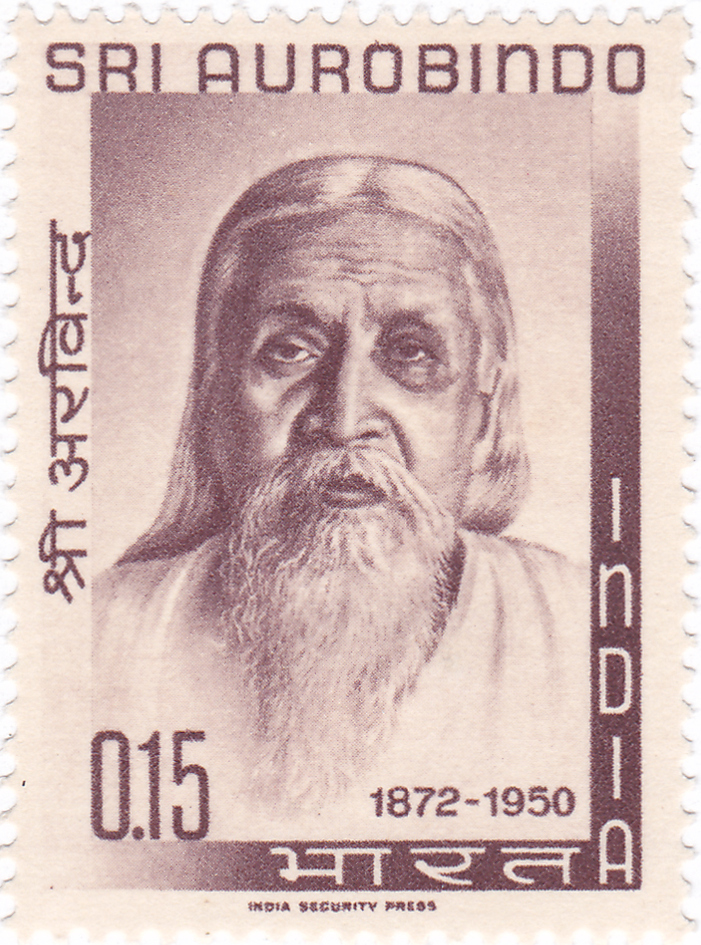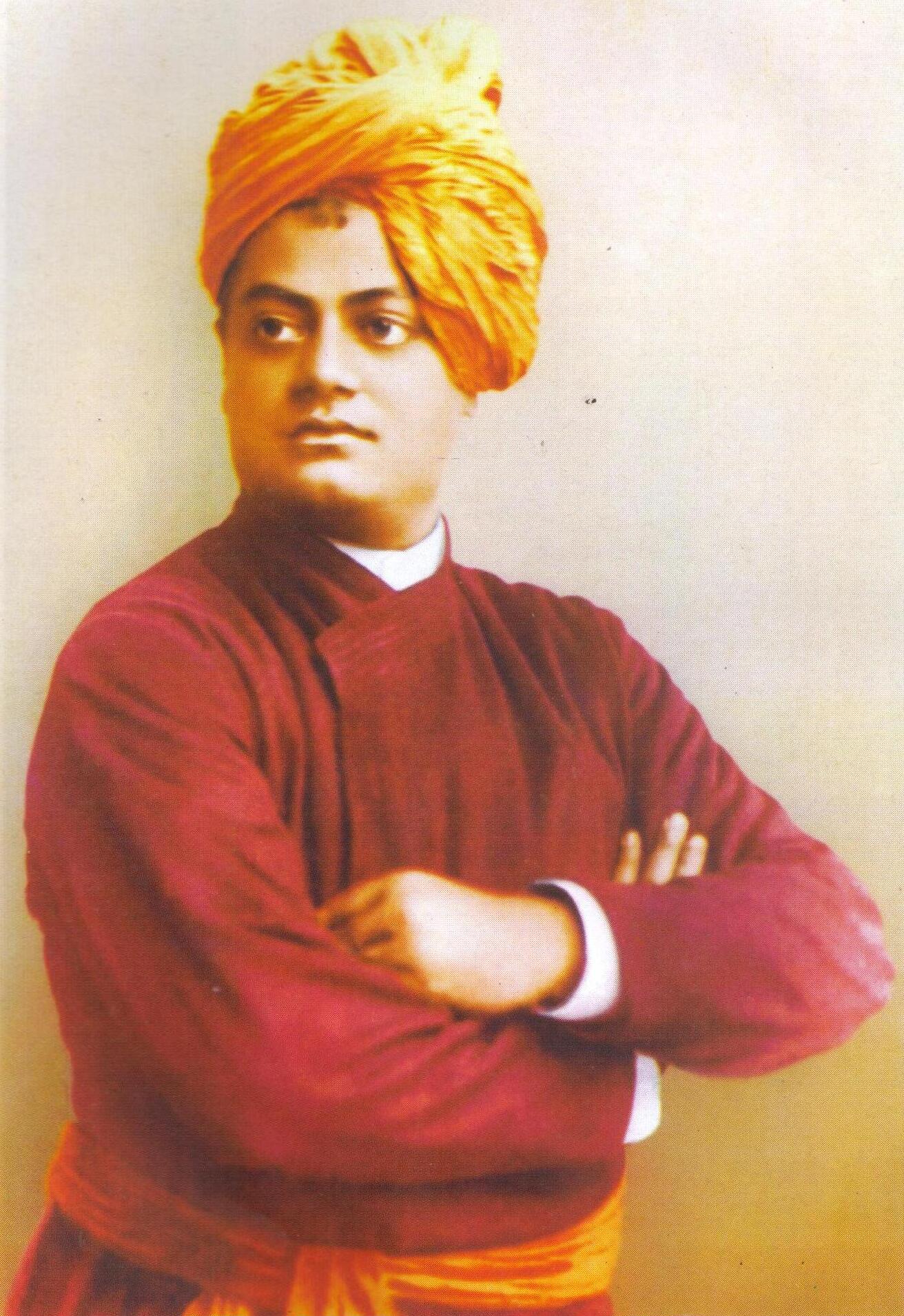Ghose, Aurobindo, 1872-1950
Enlarge text Shrink text- LCN
- בעניין אישי ..., תשע"ג 2013:
Sri Aurobindo (born Aurobindo Ghose; 15 August 1872 – 5 December 1950) was an Indian yogi, maharishi, and Indian nationalist. He also edited the newspaper Bande Mataram. Aurobindo studied for the Indian Civil Service at King's College, in Cambridge, England. After returning to India he took up various civil service works under the Maharaja of the princely state of Baroda and became increasingly involved in nationalist politics in the Indian National Congress and the nascent revolutionary movement in Bengal with the Anushilan Samiti. He was arrested in the aftermath of a number of bombings linked to his organization in a public trial where he faced charges of treason for Alipore Conspiracy and then released, after which he moved to Pondicherry and developed a spiritual practice he called Integral Yoga. In 1926 he and Mirra Alfassa founded Sri Aurobindo Ashram. He wrote The Life Divine, which deals with the philosophical aspect of Integral Yoga and Synthesis of Yoga, which deals with the principles and methods of Integral Yoga;
Read more on Wikipedia >
 Personality
Personality









